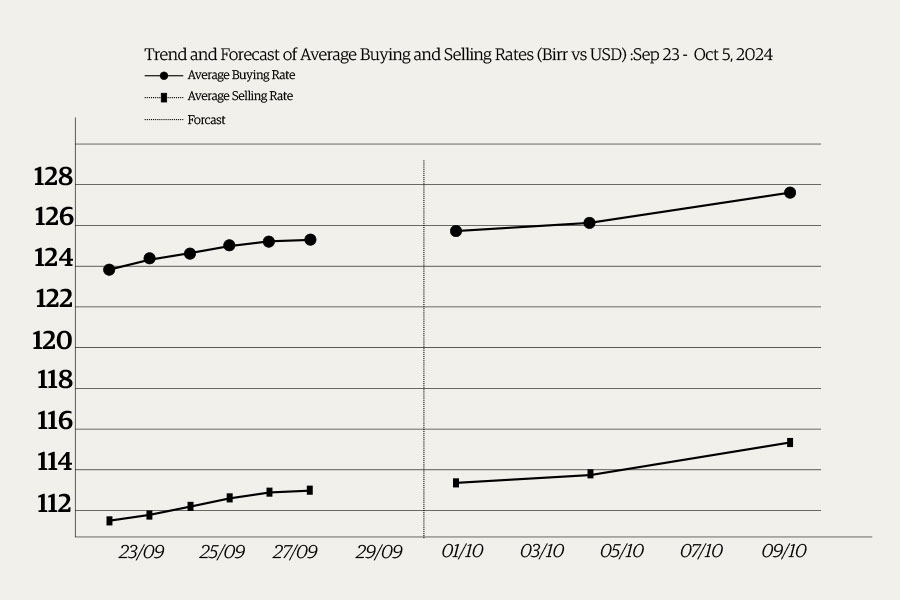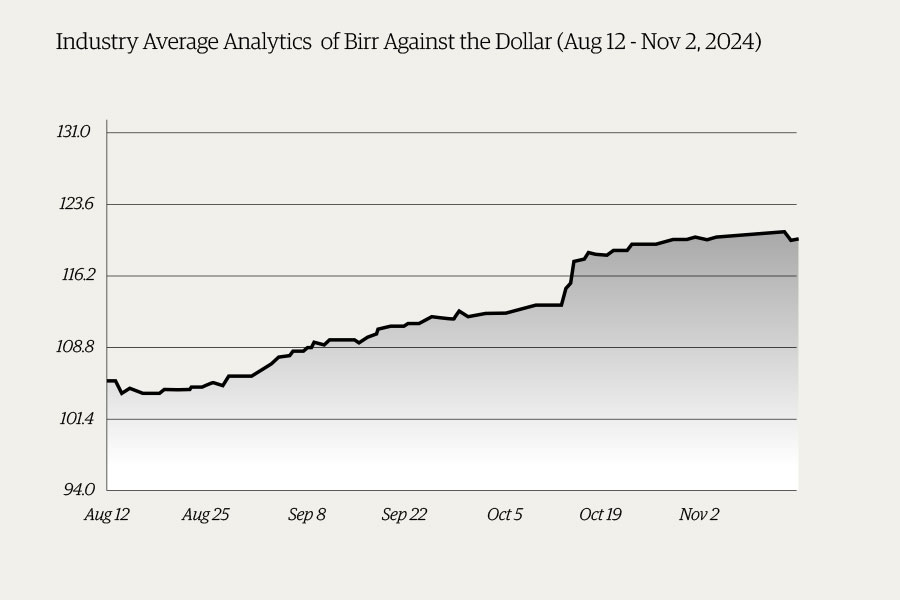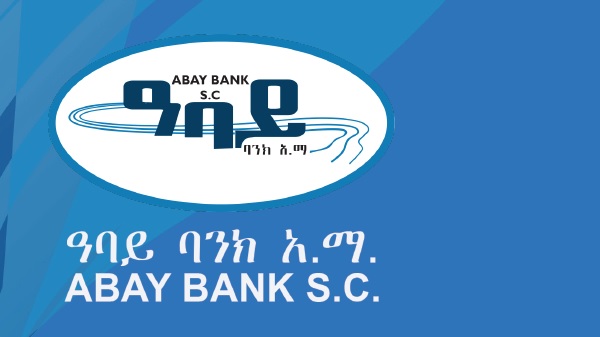
Money Market Watch | Sep 28,2024
Jun 12 , 2024

Regulators at the National Bank of Ethiopia (NBE) have rolled out a series of new directives targeting the banking industry, including the preemptive introduction of an "unlikely to pay" category to identify loans at risk of turning into non-performing loans (NPLs). They have also capped the total exposure to a single borrower at 25pc of a bank's total capital, with a further limitation of 15pc for exposure to related parties.
A directive issued today mandates that all NPLs must be placed under non-accrual status, regardless of the collateral provided. If a borrower has multiple loans and any one loan becomes non-performing, all loans to that client must be classified as non-performing if they constitute 20pc or more of the bank's total exposure to that client.
"By enforcing stricter controls, the NBE aims to prevent the extraction of private benefits at the expense of banks’ stability and integrity," said a statement from the regulators. "The exposure to related party directive is designed to curb abuses and conflicts of interest arising from transactions with related parties."
According to the statement, these directives are part of a broader effort by the NBE to enhance asset classification and provisioning, set requirements for individuals with significant influence in banks, and promote robust corporate governance. The central bank's statement claims that these measures reflect a commitment to safeguarding the financial system and promoting prudent banking operations.
The NBE has imposed stringent criteria for the qualifications and experience of board members and senior management, including mandates for the inclusion of independent directors and the promotion of gender diversity on boards. By enforcing these measures, regulators aim to ensure that banks are managed by competent and accountable individuals who can oversee their operations and strategic direction.
These reforms appear to confirm practices endorsed by the Basel Committee on Banking Supervision and the International Financial Reporting Standards (IFRS), showing the importance of risk management, transparency, and accountability in banking operations.

Money Market Watch | Sep 28,2024

Money Market Watch | Nov 16,2024

Covid-19 | Apr 04,2020

Fortune News | Jan 03,2025

Radar | Oct 05,2025

Sunday with Eden | Sep 30,2023

My Opinion | Apr 30,2022

Fortune News | Jul 10,2020

Fortune News | Jul 20,2019

Radar | Dec 11,2021

Photo Gallery | 180658 Views | May 06,2019

Photo Gallery | 170852 Views | Apr 26,2019

Photo Gallery | 161937 Views | Oct 06,2021

My Opinion | 137303 Views | Aug 14,2021

Nov 1 , 2025
The National Bank of Ethiopia (NBE) issued a statement two weeks ago that appeared to...

Oct 25 , 2025
The regulatory machinery is on overdrive. In only two years, no fewer than 35 new pro...

Oct 18 , 2025
The political establishment, notably the ruling party and its top brass, has become p...

Oct 11 , 2025
Ladislas Farago, a roving Associated Press (AP) correspondent, arrived in Ethiopia in...